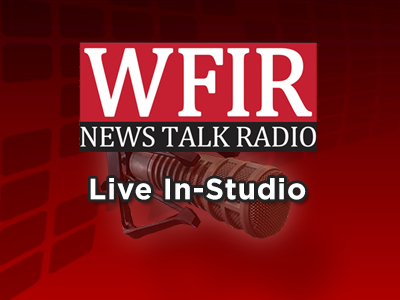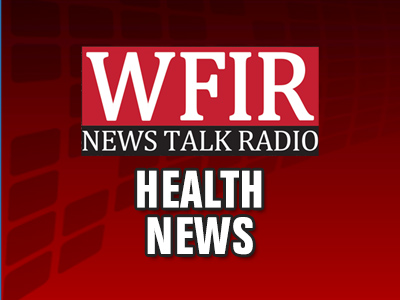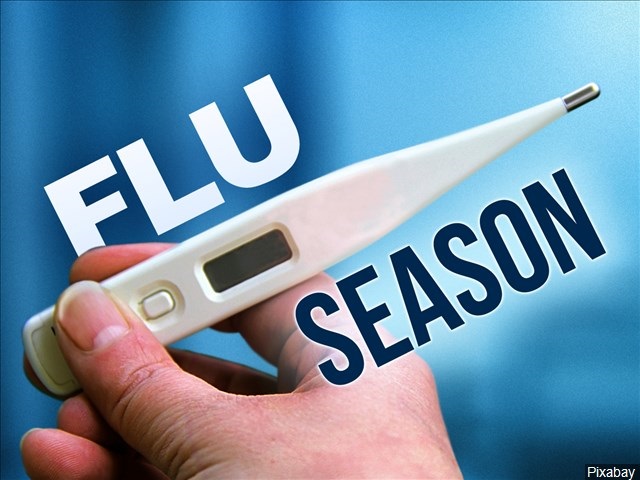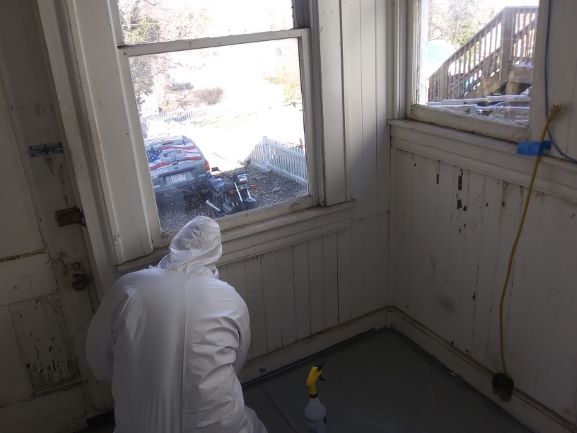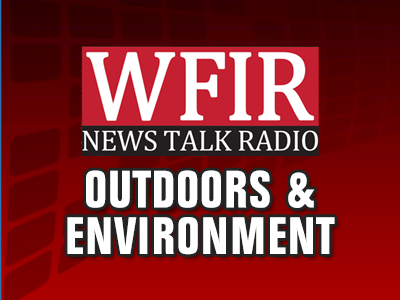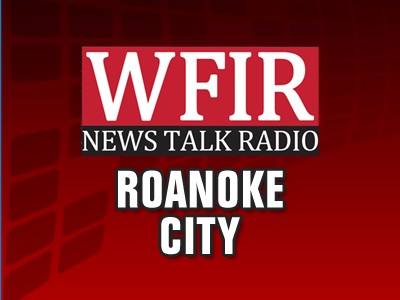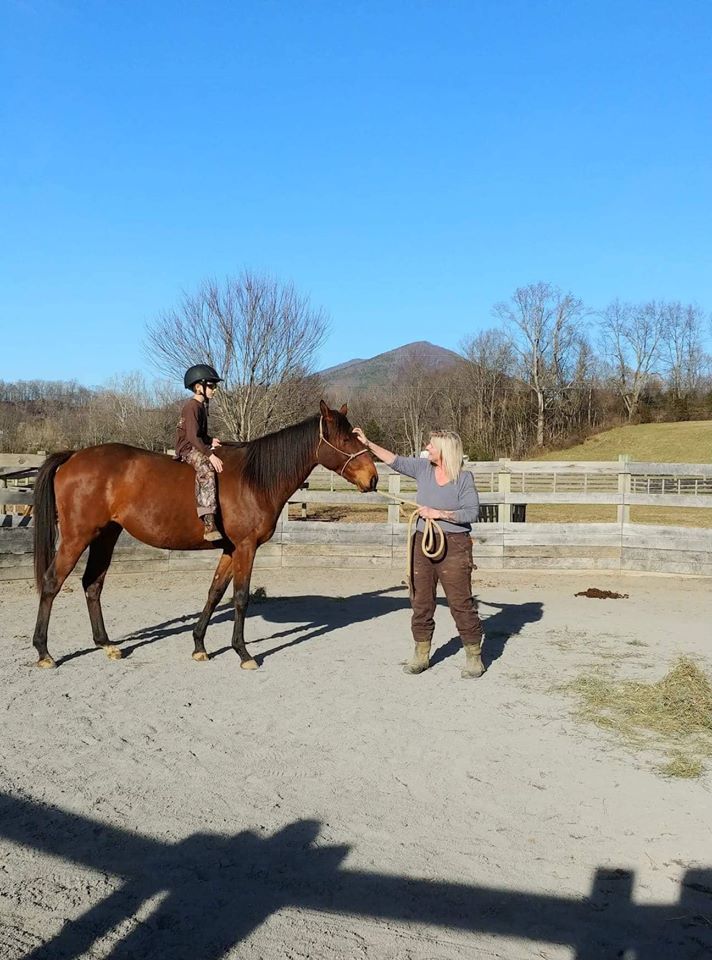A support group for new mothers – “Huddle Up Moms” – is just getting off the ground...
Health and Medicine
Is your back feeling a bit sore these days – may more than it did a few...
Good news: there is no major outbreak of the flu to date in the Roanoke area says...
A new round of funding from HUD means more low-income residents in the City of Roanoke are...
For those that like to day-hike, backpack or mountain bike perhaps – how are your Wilderness First...
The Council of Community Services gets ready to open its new testing center satellite location on Williamson...
With the flu season now in full swing, new visitation restrictions are now in place at all...
One thing that will be different during events at Elmwood Park this spring and summer concerns where...
Three-plus years of donations and volunteer labor have led to the opening of a permanent veteran center...
Getting in shape is a popular resolution for the new year, with gyms seeing an increase in...
Looking for a way to start the New Year off more relaxed? The Vinton History Museum might...
The Council of Community Services will open a drop-in center at 2328 Williamson Road on January 13....
After first aiming to be open this fall the needle exchange program in Roanoke under the auspices...
Governor Northam is proposing about $22 million in new state spending for efforts to improve health outcomes...
RICHMOND, Va. (AP) — Virginia Gov. Ralph Northam is proposing about $22 million for efforts to improve...

